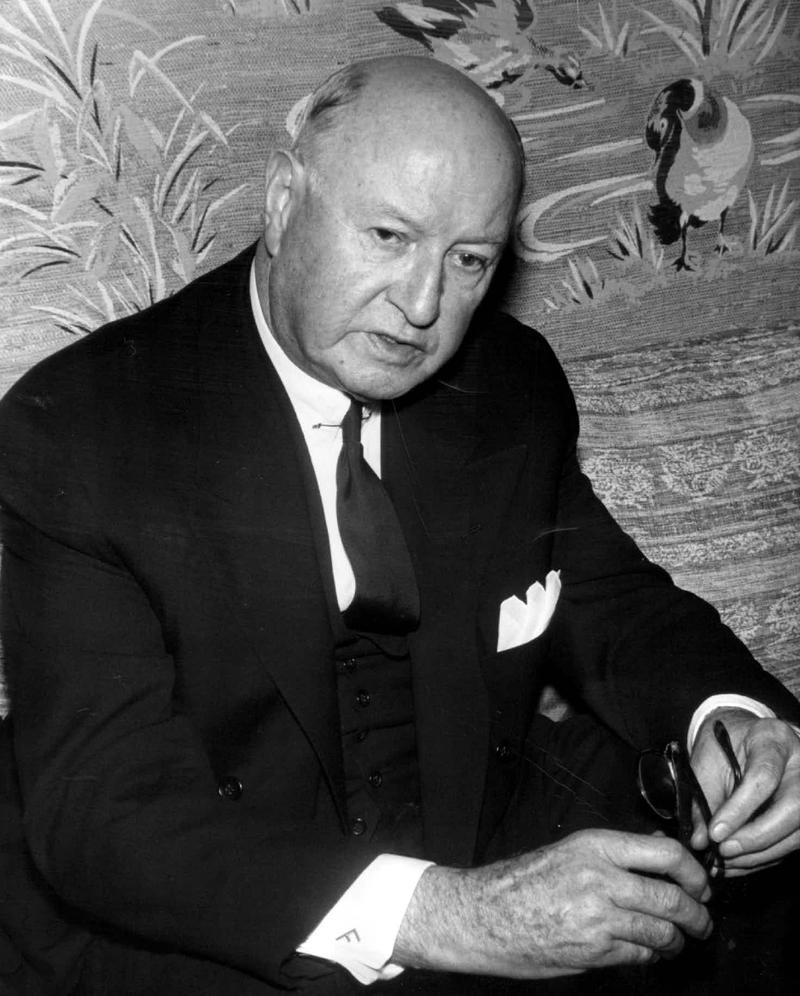
Douglas Cooper and George O'Brien met with "Jim" Farley at his New York Office, where he serves as Honorary Chairman of Coca Cola Export. Farley was widely known for his political, business and dignitary savvy.
The Interview
O'Brien asked if Farley was the first successful Irish-Catholic politician. Farley answered that he was simultaneously Postmaster General and Chairman of the New York State and the National Democratic Committees during the first two terms of Franklin Roosevelt.
"And you managed Al Smith's gubernatorial campaign," Cooper inquired. "That's right, in 1922. Then I ran Roosevelt's 1928 and 1930 campaigns for New York governor, and headed his first two campaigns for president, but was against a third term. That's when I became Chairman of Coca Cola Export, on September 1, 1940."
Farley predicted landslides for Roosevelt, and in 1936 predicted that Landon would win only Maine and Vermont, which was precisely correct. He grew to like Landon and would meet with him a couple of times a year for lunch at the St. Regis Hotel.
Farley became a supporter of polling and helped in its genesis. He was particularly well-regarded for pulling together Roosevelt's New Deal Coalition, he told me. That included labor, Catholics, African Americans and farmers.
He favored Truman in 1948, and became acquainted with Kennedy and Ike in their early careers. He normalized relations with the Holy See, he told me, with visits to Pope Pius XI and XII. On the Hoover Commission, he backed the 22nd Amendment, which set up term limits. Farley opposed Roosevelt's court packing scheme, but was in all
other respects an ardent supporter. George asked if Roosevelt hadn't tried to get Farley to run for governor of New York. "Yes, but I refused all three times".
O'Brien next pursued Farley's long-time love of sports. As boxing commissioner, he tried to bring integrity to the sport and considered Jack Dempsey the greatest boxer of all time, akin to Ruth in baseball. He thought Williams was that sport's best hitter.
He recounted that Ty Cobb was a mean fellow on the baseball field. He had bought quite a lot of shares in Coke when it was cheap, and owned two bottling plants. Farley wasn't happy with the relatively new Shea Stadium, because it was too far for him to walk from his residence at the Waldorf.
We closed on a political note when I asked for his outlook on Watergate. He called it a "sad, sordid affair". However, concurring with me that he had never gotten into personalities when talking politics, he left it there.
_______________________________________________________________________________________________________________
The Douglas P. Cooper Distinguished Contemporaries Collection (1967-1974) contains rare interviews with influential writers, statesmen, artists, songwriters, journalists and others who have left their mark on our culture.
